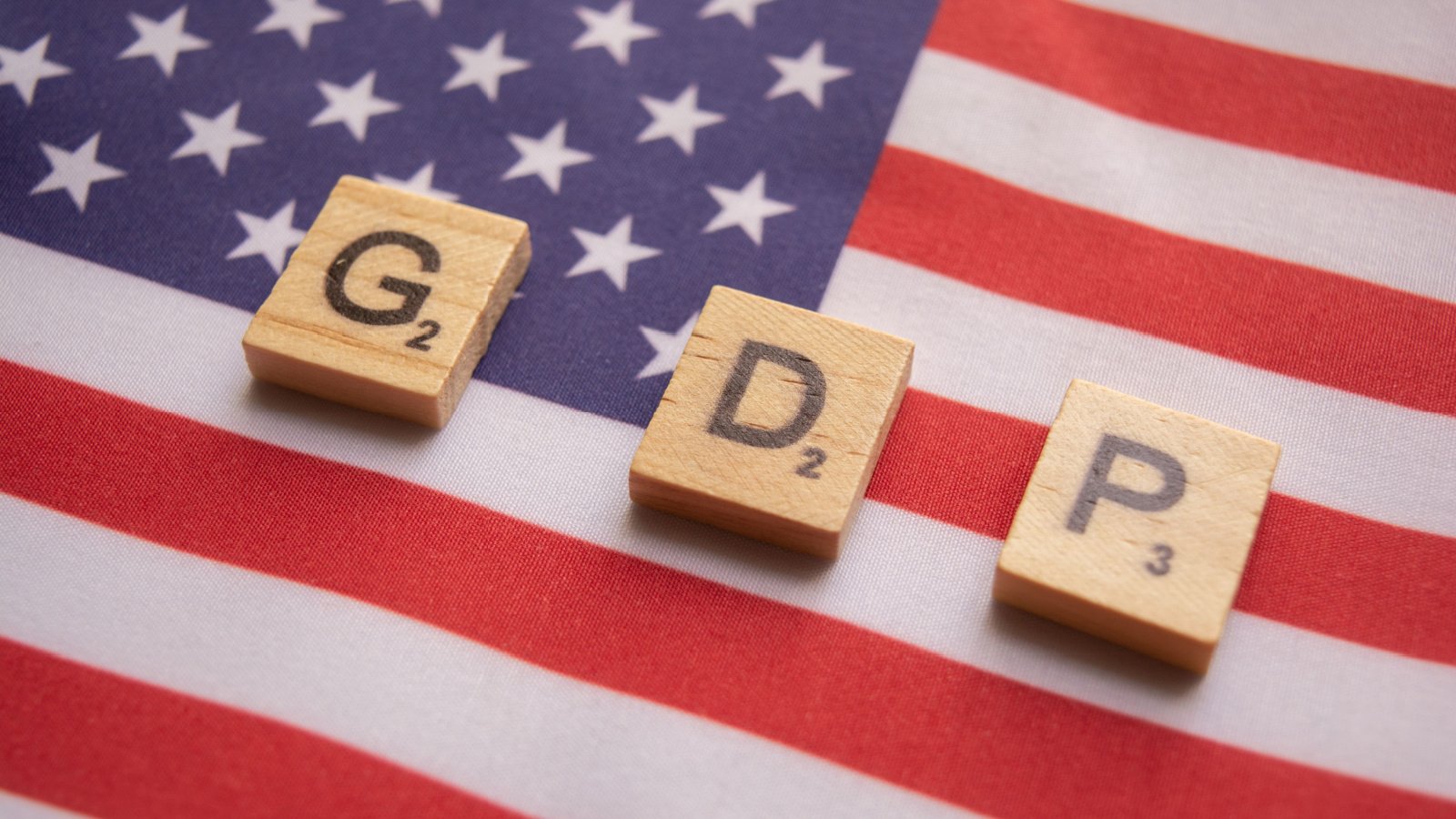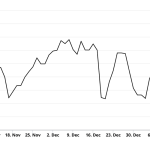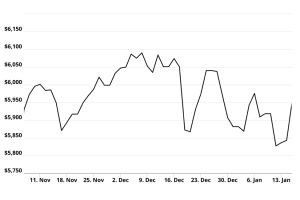
It would appear most people are, for lack of a better way of saying it, a bit skeptical when it comes to the “blockbuster” gross domestic product (GDP) number released today.
GDP is often singled out as one of the most significant indicators of economic health out there. But why does anyone care about it when GDP often gets revised?
The Problem With GDP
What is GDP? It’s supposed to be a comprehensive measure of a country’s total economic output. It quantifies the value of all goods and services produced within a nation’s borders in a specific time period. It provides a framework for policy makers, like the Federal Reserve, on what to do next.
The problem? Although GDP is a widely used economic indicator, it has several limitations. It does not account for the distribution of income within a country, the environmental impact of economic activities, or the value of non-market activities. Moreover, GDP numbers are often revised, which can lead to significant changes in the reported economic growth rate. This latter point is critical — and why I think any excitement around GDP today needs to be taken with a grain of salt.
Why does GDP often get revised? Because more data becomes available. The initial estimate, known as the “advance” estimate, is updated two more times in the two months following its release. These revised estimates typically include more complete and accurate data, leading to changes in the reported GDP growth rate. That means anything you see today could look totally different two months from now.
The Bottom Line
Here’s the question I’d pose to anyone reading this. If GDP really is as robust as the headlines make it out to be, why is it that consumer discretionary stocks have gone nowhere all year? Why is it that domestic small-caps keep weakening? Why is it that bank stocks look like they are crashing? Consumer discretionary stocks are a far better barometer for the health of the economy than an economic figure delivered by a government that has politicians who want to get re-elected.
A more comprehensive approach to assessing the health of the economy might involve considering a variety of economic indicators, rather than focusing solely on GDP. This could provide a more nuanced understanding of the economy’s performance and future prospects. This, combined with intermarket analysis to see where money is positioning, is a far better tell of what is likely to come than some number that with hindsight could be orders of magnitude wrong.
Bottom line? I don’t think GDP matters one bit, and if you’re using it as a reason to buy stocks, you’re believing the lie.
On the date of publication, Michael Gayed did not hold (either directly or indirectly) any positions in the securities mentioned in this article. The opinions expressed in this article are those of the writer, subject to the InvestorPlace.com Publishing Guidelines.




